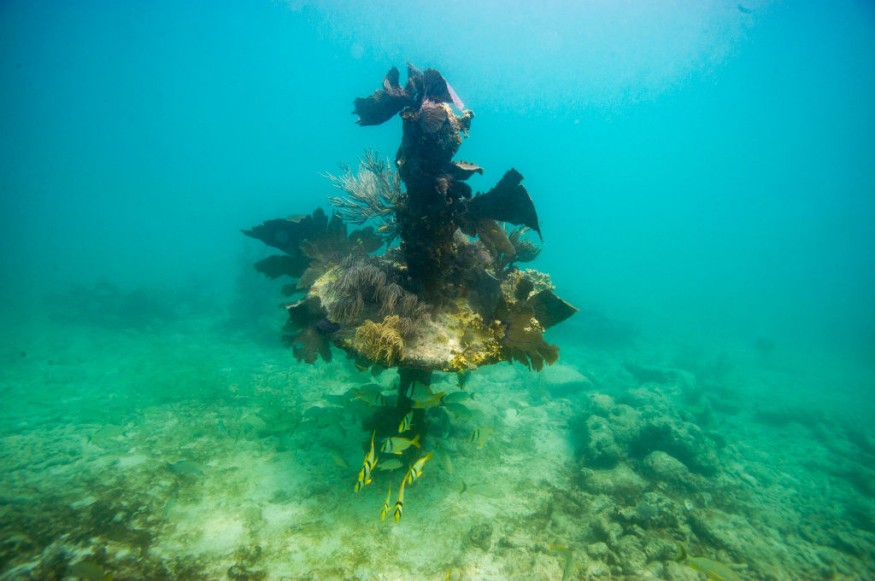Increasing water temperatures have been the major concern affecting coral reef systems. In Florida waters, the researchers explored the region and discovered the alarming coral bleaching in the region.
Climate change and global warming worsen the rising ocean temperatures. When the temperature changes, it can significantly impact the food webs, aquatic animals and coral reefs. Increasing temperatures can make it challenging for corals to survive.
When coral's health declines, it will affect many marine animals. As a result, researchers underwent an expedition to observe the coral mortality in the Florida Keys, Miami waters and parts of Dry Tortugas.
US Florida Alarming Coral Bleaching: What did experts uncover?

The Shedd Aquarium wanted to investigate the impacts of increasing ocean temperatures and ocean bleaching on the oceans, especially the best ways communities and experts can protect them from further decline.
The research group helped to look for ways and interventions to protect corals from mass bleaching, noting the importance of restorations to protect them.They embarked on a week-long trip to observe the Florida Keys waters. They discovered alarming coral bleaching, reaching 90 to 95 percent.
In July, NWN reported the concerning pale-looking coral reefs in Florida and the 101.19 ocean temperatures in Manatee Bay, near the South of Miami. The unprecedented heat can be attributed to the summer temperatures and the rise of global heating.
Meanwhile, the research expedition revealed the impacts on different corals in the Florida Keys. The warm water temperatures heavily affected the rare staghorn and elkhorn corals.
The tolerance of corals in heat is limited, which can likely end up with severe bleaching. Dr. Ross Cunning said they were expecting the possible coral bleaching due to July's record temperatures. Dr. Cunning is also a research biologist at the Shedd Aquarium.
The temperatures in July were recorded as the hottest month of record. The United Nations warned of the intense heat impacts on human health.
In addition, some of the corals were covered in algae, revealing the decline in their overall health. As climate change worsens and El Nino begins, it is forecast that ocean temperatures could increase.
Climate change affects sea urchin survival
The frequency of ocean heatwaves harms the survival of sea urchins, which are essential for many coral reef systems. According to a study in the Journal of Experimental Biology, sea urchins show sensitivity to salinity fluctuations.
When heavy rain occurs, it is a significant factor that potentially alters the salt in nearshore ecosystems. Freshwater entering the nearshore can affect the vital habitats of sea urchins.
As a result, frequent extreme weather events can bring disastrous impacts on sea urchins that are important to the coral reef system.
Related Article : Pond Turtles Conservation: Restoration Efforts To Save Species from Brink of Extinction in Washington State, U.S.
For more similar, don't forget to follow Nature World News.
© 2025 NatureWorldNews.com All rights reserved. Do not reproduce without permission.





